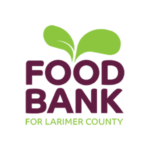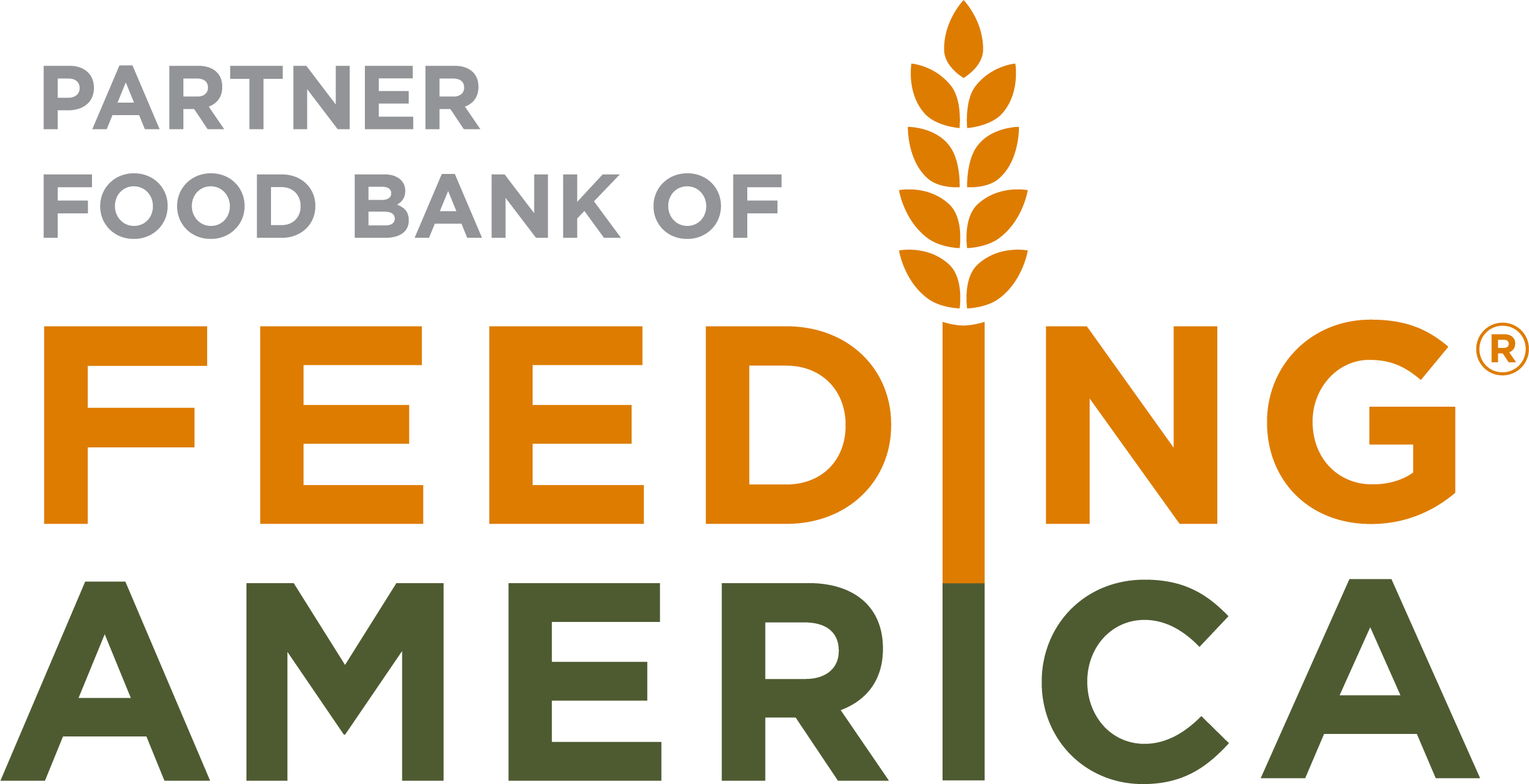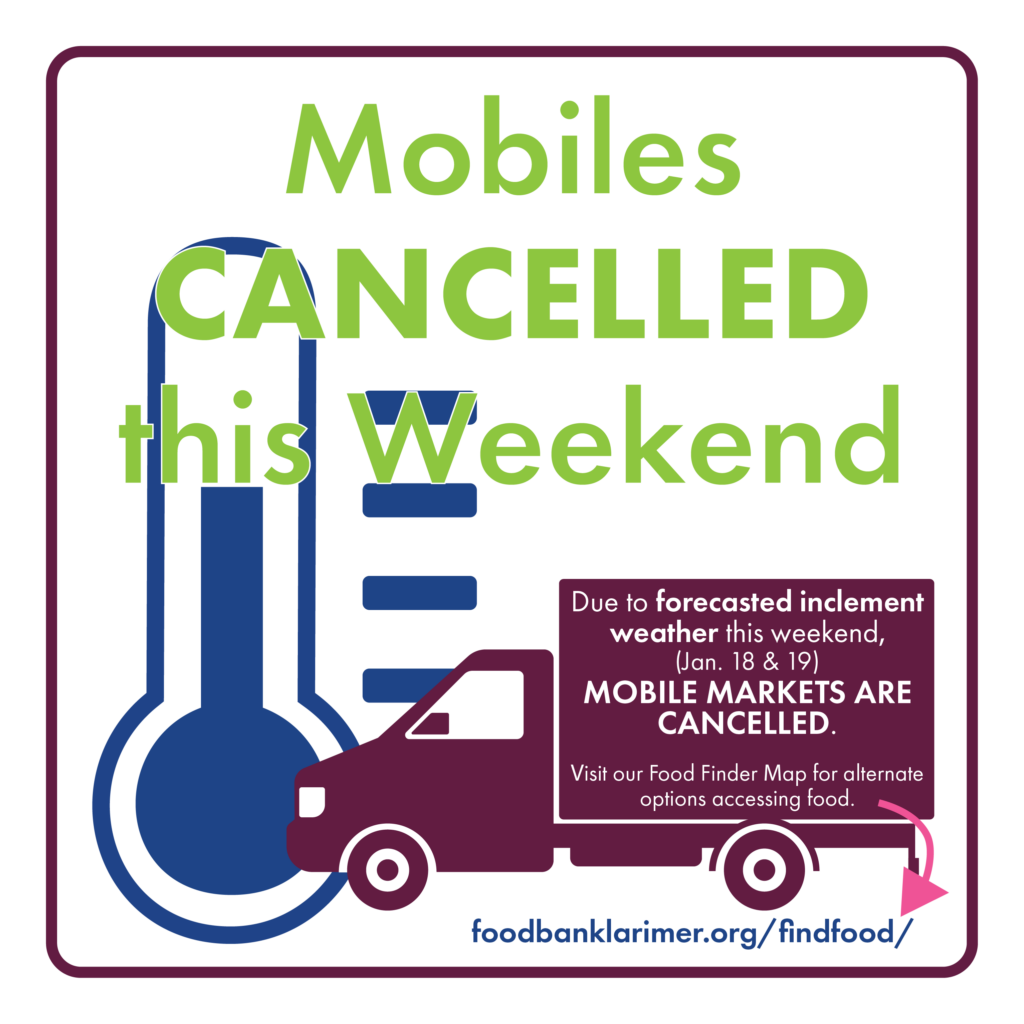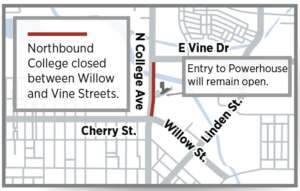Hunger is a serious problem in America; it affects people of all ages, and more seniors (aged 60 and older) than many realize. The size of the senior population was 78 million in 2021, and 7.1%, or 5.5 million, experienced food insecurity. Neither the rate nor the number of food-insecure seniors was statistically significantly different than the prior year (6.8% and 5.2 million in 2020). Luckily, 2023 reports show these numbers are decreasing.
Food insecurity among both seniors and older adults remains higher than before the Great Recession.
While food insecurity among seniors remains lower compared to younger people and is declining slightly each year since the mid-2000s, food insecurity levels among seniors have not nearly recovered and are still higher than pre-Great Recession levels (6.3% in 2007).
Colorado Senior Hunger
While Colorado seems to rank better than most states do, there is still much room for improvement. According to America’s Health Rankings (United Health Foundation, 2023), Colorado was the third healthiest state for older adults.
This 2023 report indicates 11.9% of seniors experienced food insecurity in 2023; in Colorado that percentage was 11%.
While senior Coloradans also report to be better off than the national average when it comes to SNAP eligibility. Nationally, 81 in every 100 seniors are eligible to enroll in and receive SNAP benefits. Sadly, in Colorado 76% of seniors were qualified in 2023. This is a measurement of poverty and being eligible for SNAP, not an indication of actual enrollment.
Seniors with minority Identities are more likely to experience hunger.
- Seniors of color are more likely to experience hunger.
Racism and discrimination cause seniors who identify as Black, Latino, and Native American to have higher rates of food insecurity.
- Having a disability is strongly associated with food insecurity.
Seniors with a disability had food insecurity rates over twice as high as seniors without them. For even older adults, the disparity is even greater. Older adults with disabilities had food insecurity rates more than three times as high as older adults without disabilities (26.1% compared to 7.2%).
- Seniors who are renters struggle with food insecurity more than those who are homeowners.
Seniors who are renters are more than three times more likely to be food insecure than seniors who are homeowners.
In Larimer County, median rent can cost more than a mortgage and has for years. Most recent data (2016) shows that 55% of Larimer County renters pay more than 30% of their income on housing. This is compared to 20% of owners who spend 30% or more toward housing. In these measurements, housing costs include rent/mortgage, basic utilities (electric/gas/water), required taxes, insurance, and other fees (such as mandatory condo fees)
Even more seniors could be food insecure if we don’t act.
Seniors with relatively higher incomes still struggle to get enough nutritious food. More than half of seniors experiencing food insecurity, who report income, had income above the federal poverty line, and a majority were either retired or disabled, versus being unemployed.
For aging adults, food insecurity is linked to health, nutrition, disability, and chronic health conditions.
Food insecurity has negative effects for individuals across the age spectrum. These effects can be particularly problematic for seniors given their unique health, economic, mobility and nutritional challenges that often come with aging. Chronic disease is a strong predictor of food insecurity among older adults, and so too are functional limitations.
Food Bank shopper, LaRae, has rheumatoid arthritis and a chronic obstructive pulmonary disease, and difficulty breathing. Because of her health, she says that she’s been unable to return to her job at Walmart as a retail associate. She’s been living with a family member and surviving off social security. Roughly 70% of her groceries come from the Food Bank.
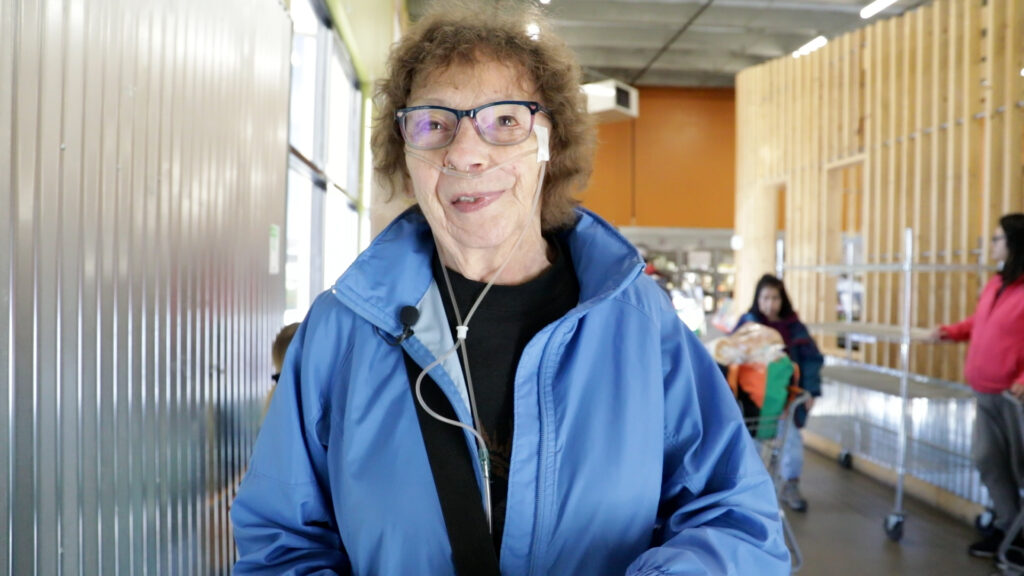
“It’s saving me, period,” she said about the support she receives at the Food Bank. “I wouldn’t have enough food to eat, to live on, without it. Period. My medical bills and my medical costs are too high. It takes almost all of my social security just to pay utilities.”
Extensive work has studied the connection between food insecurity, nutrition, and chronic health conditions. Food insecure seniors and older adults consume lower quantities of key nutrients such as iron and protein and are more likely to have chronic health conditions such as diabetes, depression as well as limitations in daily activity.
Malnutrition is a major public health issue that affects all age groups, but seniors are particularly vulnerable. It can have a devastating impact on an elderly person’s physical and mental health and can even lead to death. It can lead to poor immune system functioning, which can increase the risk of infection and illness. Malnutrition can also cause anemia, a condition where there is a lack of red blood cells, which can lead to fatigue, weakness, and other complications
